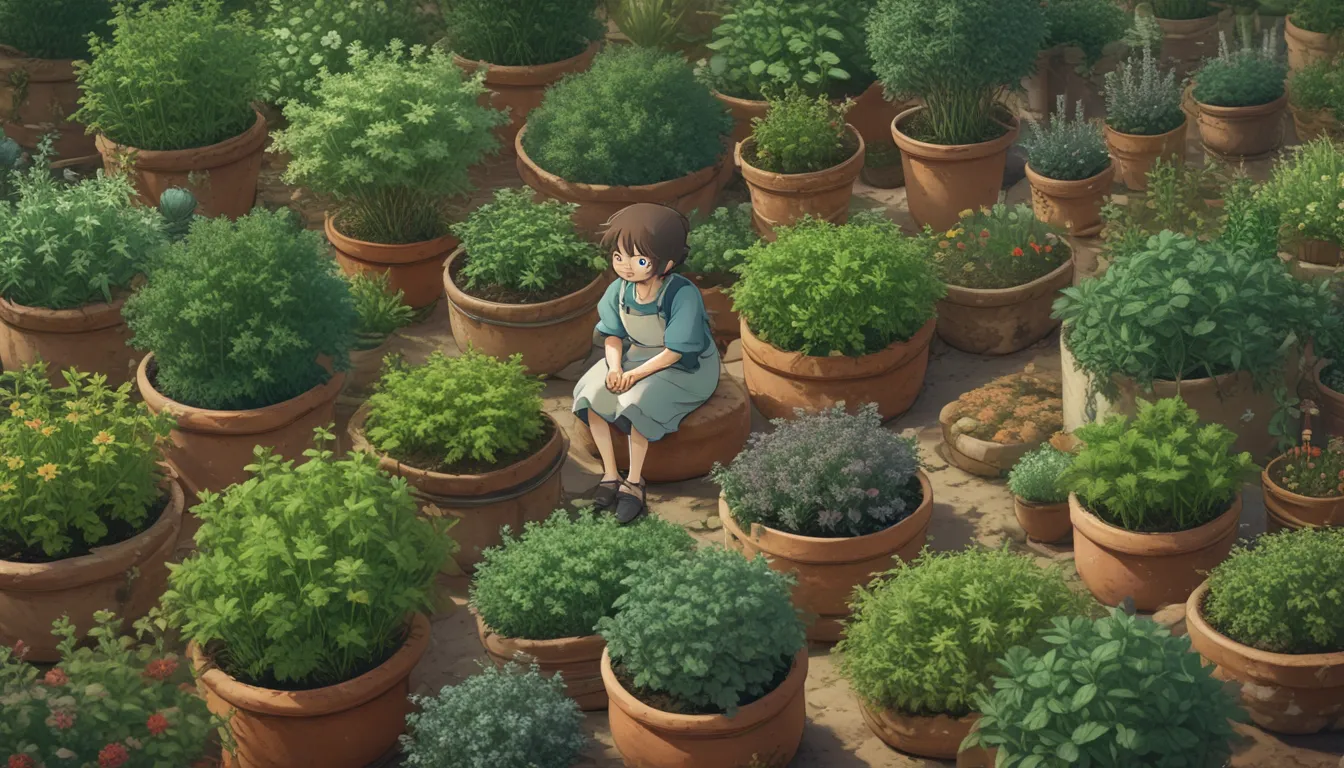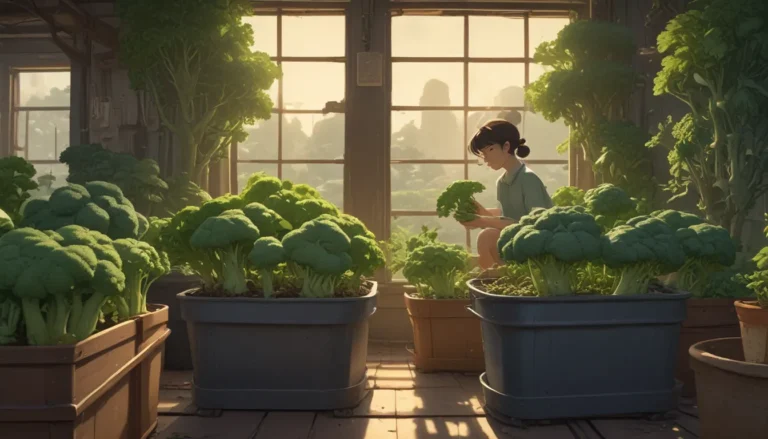Enhance Your Herb Garden with 7 Unique Thyme Varieties

Thyme, a versatile and essential herb in any kitchen, brings a delightful aroma and distinct flavor that enhances a variety of dishes. Whether used on its own or combined with other herbs, thyme is a must-have in any herb garden. This Mediterranean native not only adds flavor to your meals but also offers medicinal benefits, making it a valuable addition to your green space.
Belonging to the mint family, Thymus, thyme comes in many species and cultivars, with some being ornamental and others edible. With its aromatic scent, flavorful leaves, and delicate flowers, thyme is not only a culinary staple but also a beautiful addition to any garden.
Thyme is more than just a culinary ingredient – it also boasts antioxidant, antifungal, and immune-boosting properties. Keeping a tincture of thyme at home is a natural way to support your overall wellness.
To grow thyme, plant it outdoors in Zones 5 to 9 in the spring, ensuring it gets full sun and well-draining soil. Thyme is drought-tolerant and requires minimal maintenance, rewarding you with abundant harvests. Pruning the plant back in the fall will help prevent it from becoming woody, and avoiding overwatering is crucial for its success. If outdoor space is limited, thyme can also be grown indoors in pots placed in a sunny window, providing fresh sprigs year-round.
Here are seven exceptional varieties of thyme that you can consider adding to your herb garden this season:
7 Unique Thyme Varieties to Elevate Your Garden
-
Caraway: A species with a caraway-like aroma, caraway thyme is both edible and ornamental. Native to the Mediterranean islands, this low-growing thyme is perfect for filling in gaps in your garden.
-
Creeping: Also known as Breckland thyme, this aromatic species creeps along the ground, forming mats of foliage. Its lilac, pink, or purple flowers make it a favorite among bees and butterflies.
-
Garden: The most popular thyme variety, garden thyme features tiny grayish-green leaves and pink flowers. With a compact growth habit, it is ideal for culinary use and adds a fragrant touch to dishes.
-
Juniper: A perennial herb with bluish-green leaves, juniper thyme has a distinctive spicy flavor and scent. This compact plant is suitable for containers and ground cover, making it a versatile choice for your garden.
-
Lemon: With a citrusy aroma, lemon thyme is a small shrub that blooms with pink and lavender flowers. Its pale yellow-edged leaves add a decorative touch to dishes, and the plant attracts bees and butterflies with its nectar.
-
Mother of Thyme: An evergreen shrub with a strong oregano-like scent, mother of thyme produces purple flowers in summer. Its aromatic leaves are perfect for culinary use, and its spreading growth makes it an excellent ground cover.
-
Wooly: This low-growing thyme variety features hairy leaves and stems, giving it a soft, furry appearance. Wooly thyme is ideal for beds, borders, and rock gardens, adding a unique texture to your landscape.
When choosing thyme varieties for your garden, consider both culinary and ornamental aspects, as these herbs can serve dual purposes. From filling in gaps between stones to adding a pop of color with their blooms, thyme varieties can enhance the beauty and functionality of your garden.
Once you’ve harvested fresh thyme from your garden and incorporated it into your meals, take the time to appreciate the beauty and aroma of these versatile plants in your landscape. Whether enjoying a cocktail surrounded by thyme carpeting or watching a classic film featuring your favorite herb, thyme adds a special touch to your garden and culinary creations.
What’s your favorite thyme variety? Let us know in the comments below! And for more tips on growing herbs and enhancing your garden, explore these helpful guides:
- The Top 5 Mediterranean Herbs: Discover how to grow, cook, and enjoy these flavorful herbs.
- Companion Planting Tips: Learn how to pair herbs and other plants for a harmonious garden.
- Tips for an Abundant Herb Garden: Get expert advice on growing and maintaining a thriving herb garden.
Let thyme enhance your garden and culinary creations with its unique flavors and fragrances. Happy gardening!





